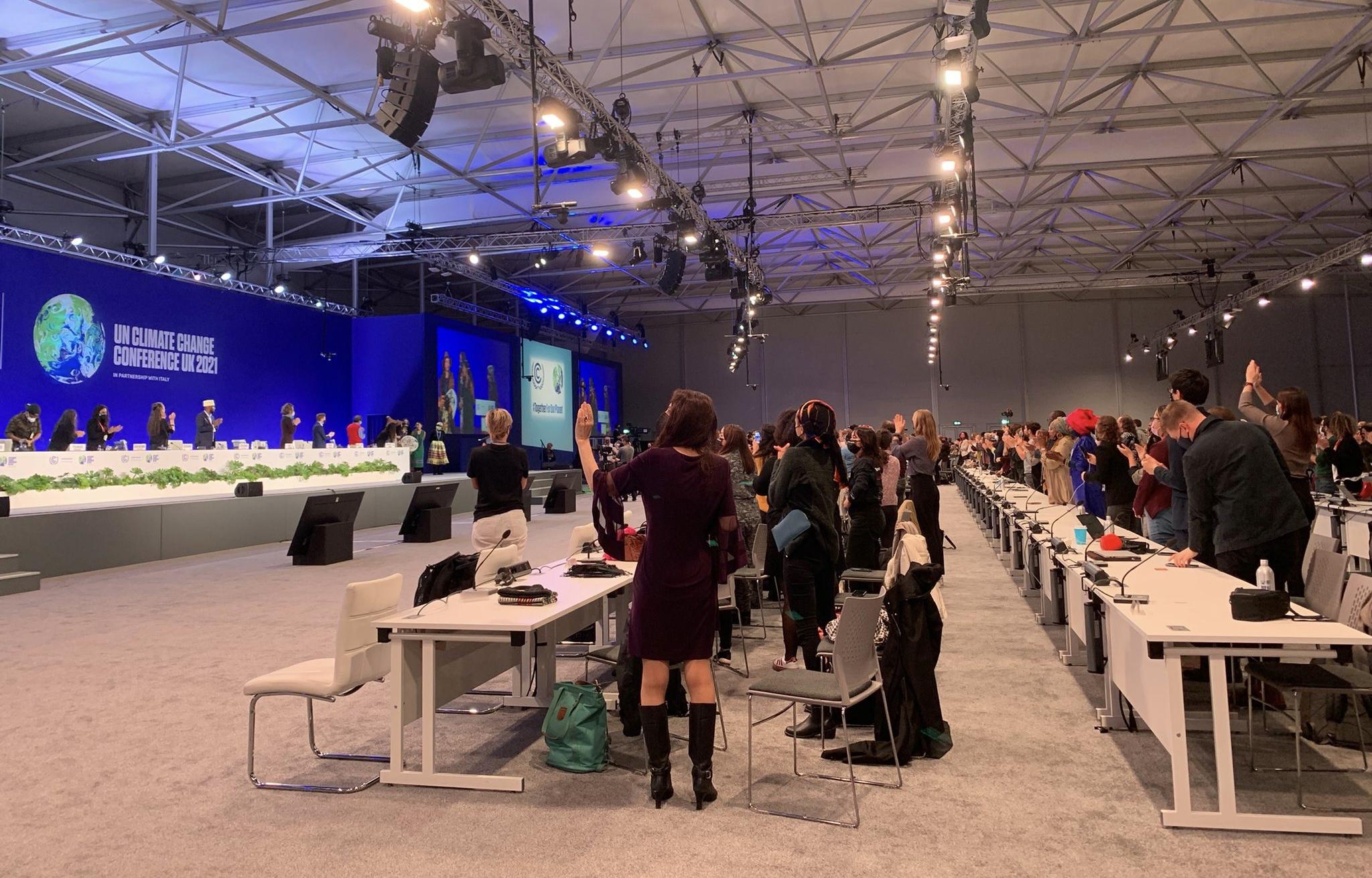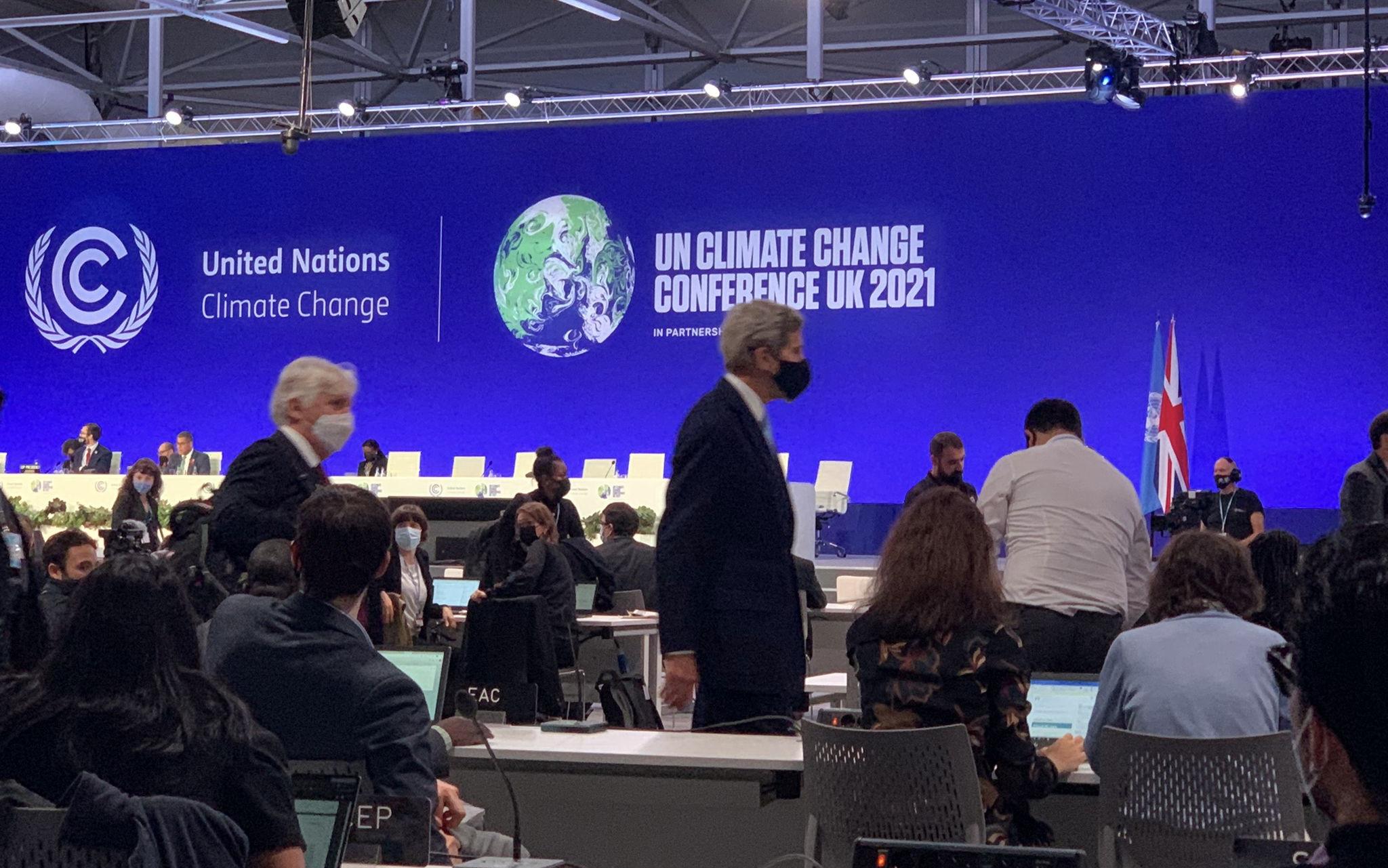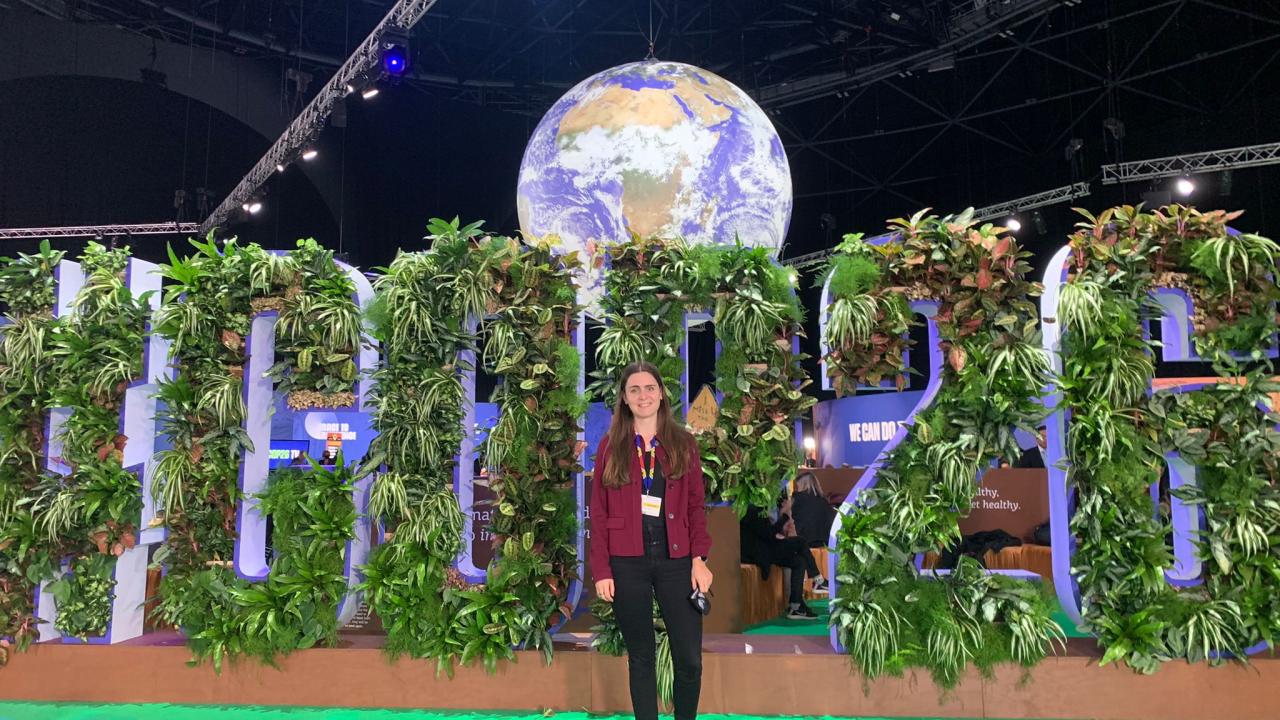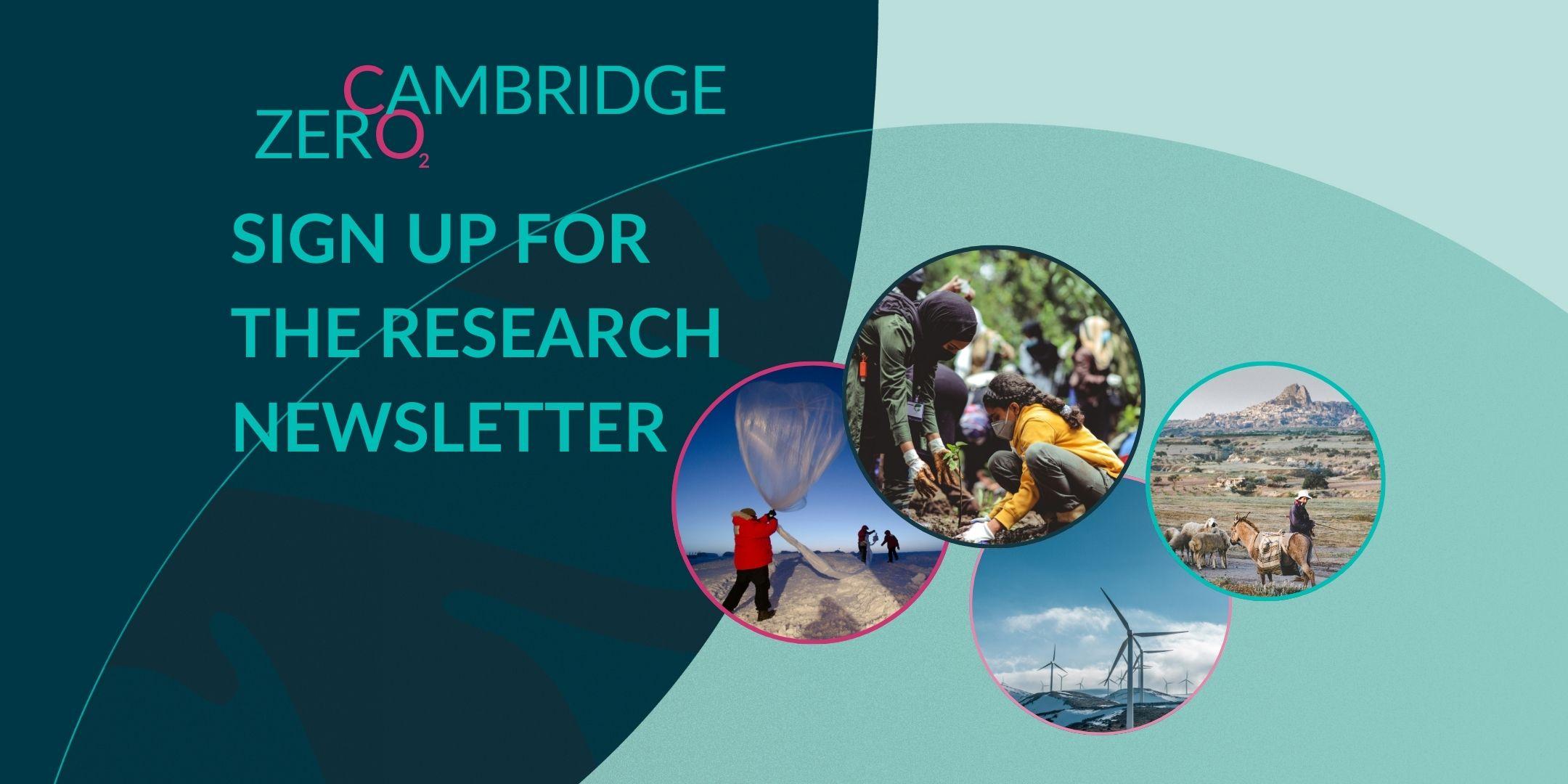Cambridge Researcher Natalie Jones is reporting for The Earth Negotiations Bulletin. From the main proceedings of Friday 12th November at COP26 (the planned meeting close date, which moved into Saturday), they drew these highlights:
- COP26 President Alok Sharma called for countries to offer solutions to outstanding issues as countries’ statements evidenced diverging views on complex issues:
- Overarching cover decisions.
- Finance, both the new collective quantified finance goal and long-term finance.
- Loss and Damage.
- Article 6 (market and non-market-based mechanisms)
- Common time frames.
- The bulletin noted disagreement between Countries’ statements on cover decisions, including:
- If and how to reference fossil fuel subsidies; as a phasing out of all fossil fuel subsidies, ‘inefficient fossil fuel subsidies’, or no reference.
- How to “keep 1.5°C alive” through both mitigation and adaptation, particularly through support to developing countries.
- How to address Loss and Damage - through a technical facility, or through more direct support mechanisms.
As expected, the meeting did not close at 6pm on the Friday, and at 8.30pm the Bulletin updated to say deliberations will continue overnight with new texts expected at 8.00am on Saturday 13th.
Follow Natalie Jones for continuing COP26 analysis and our socials for coverage from across the Cambridge Community:
- Instagram: @Cambridgezero
- Twitter: @CambridgeZero
Cambridge on the Ground
PhD Student Friederike Hartz attended the informal stocktaking by the presidency discussed above, and draws out her key points from the session, alongside reporting back on the people’s plenary also in the blue zone.
I went to the People's Plenary in one of the two plenaries in the Blue Zone yesterday morning, where the 9 constituencies of the UNFCCC had the opportunity to give speeches and present their views on the negotiations as well as on aspects of the wider organisation of the conference. In the picture, you see standing ovations that the audience gave after a speech and performance by representatives of the Indigenous people’s organizations (IPO). After the speech, they performed a song which moved many people in the audience to tears.

The representative from RINGO [Research and Independent non-governmental organisations] (Tracy Bach) also spoke to the audience about the difficulties many observers had with assessing negotiations. The COP26 Presidency had promised this COP to be the most inclusive and, as Tracy mentioned after collecting data on the numbers of admissions to the conference, this COP had 77% more accredited people than COP25. However, this did not mean it was more inclusive as observers were excluded from the negotiation rooms. This was not only a problem of inclusivity but also one of transparency.
Following the People's Plenary, everyone was invited to parade through the venue and protest against the shortcomings of this conference.
After a very short lunch break, I went to the Informal Stocktaking by the Presidency.
In the photo you see John Kerry finding his seat in the plenary. He gave a speech later in which he said that "we have to live up to the expectations of young people [...] We are here because it is science that tells us what to do...in order to keep 1.5 alive [...] we have to make decisions today based on the precautionary principle..."

In a similar vein, Frans Timmermans, representing the EU, held up his phone with a picture of his one-year-old grandson and said that "this is personal for everyone" and that "it is our responsibility to stay on the 1.5 path"
The stocktaking went on for 3 hours with 39 parties making interventions. Many developing countries, including Guinea, Nicaragua and Bolivia urged countries to step up their commitments on climate finance and L&D.The Maldives and Tuvalu reiterated their concerns about the existential threats they are already facing, with islands being eroded, flooded and actually sinking. The Kenyan delegate also made a memorable speech, reminding delegates that "we have not inherited the earth from our ancestors but borrowed it as trustees".
Later in the evening, the president issued a statement the conference would continue on Saturday. So, I decided to set my alarm early again for the next day.
If you would like to be involved with our post-COP26 coverage and analysis or have any questions, please email Ella Palmer, ep541@cam.ac.uk.



